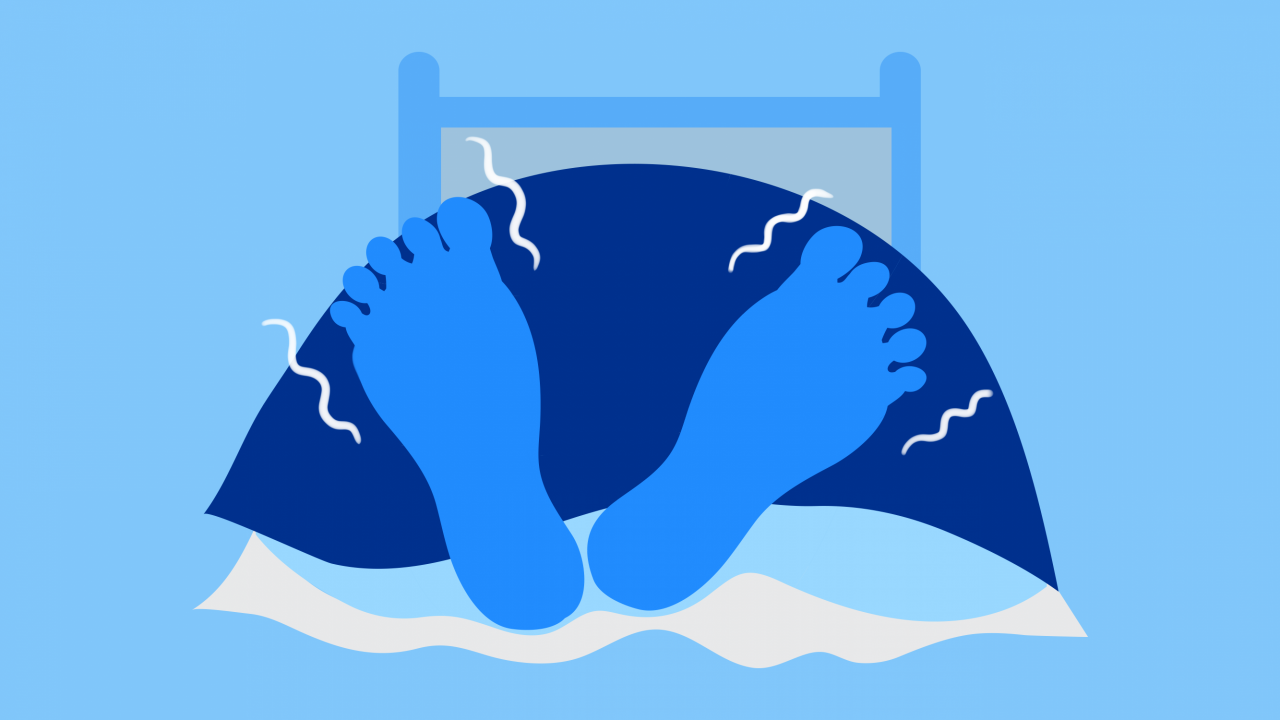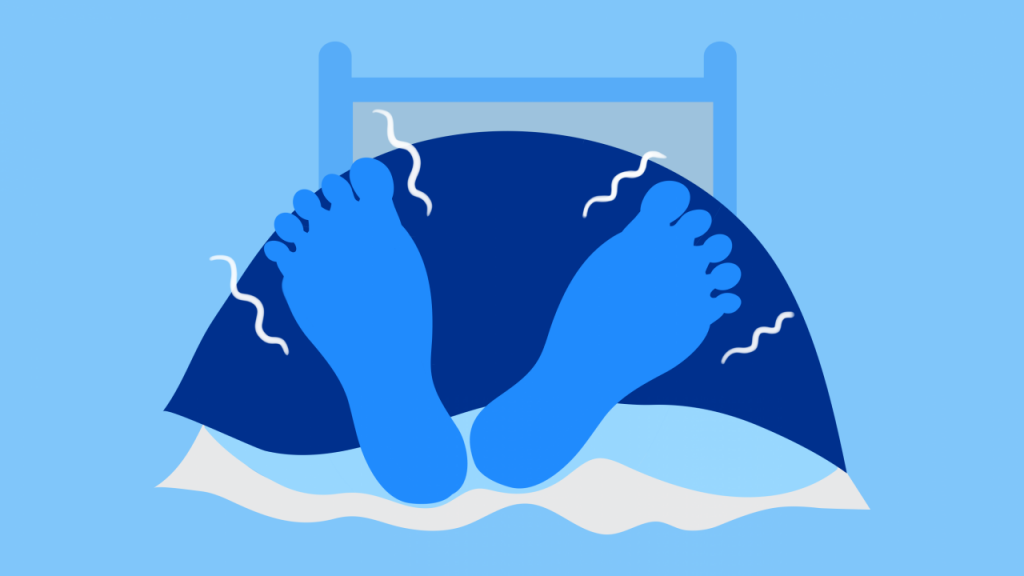Do you ever find yourself kicking and tossing in bed, unable to settle your legs and find a comfortable position to sleep? Restless Legs Syndrome (RLS) is a neurological disorder that affects millions of individuals around the world. In this article, we will delve into the causes and treatments of this mysterious condition that leaves sufferers tossing and turning throughout the night. Join us as we uncover the reasons behind restless legs and explore the various methods to alleviate this discomforting sensation.

Understanding Restless Legs Syndrome
Restless Legs Syndrome (RLS) is a condition that affects the nervous system, causing an uncontrollable urge to move the legs. This sensation is often described as tingling, throbbing, or itching, and it typically occurs when sitting or lying down, especially in the evening or at night.
While the exact cause of RLS is not fully understood, there are several factors that are believed to contribute to the development of this condition. Some of the common causes of RLS include:
- Genetics
- Iron deficiency
- Kidney failure
- Peripheral neuropathy
Although there is no cure for RLS, there are several treatments available to help manage the symptoms and improve quality of life for those affected. Some of the most common treatment options include:
- Medications such as dopamine agonists or anticonvulsants
- Lifestyle changes such as regular exercise and avoiding caffeine and alcohol
- Massage therapy or acupuncture
- Iron supplements for those with iron deficiency
Exploring the Causes Behind Restless Legs Syndrome
Restless Legs Syndrome (RLS) is a condition that affects millions of people around the world, causing an irresistible urge to move the legs. While the exact cause of RLS is still unknown, researchers and doctors have identified several factors that may contribute to the development of this disorder.
Some of the potential causes behind RLS include:
- A genetic predisposition, as RLS tends to run in families.
- An imbalance of dopamine, a neurotransmitter that helps control muscle movement.
- Iron deficiency, which can lead to abnormalities in the way the brain uses dopamine.
- Pregnancy, as hormonal changes and increased blood volume may exacerbate symptoms.
When it comes to treating RLS, there are several options available to help manage symptoms and improve quality of life. Some common treatments include:
- Medications that can increase dopamine levels in the brain.
- Iron supplements for individuals with low iron levels.
- Lifestyle changes, such as avoiding caffeine and alcohol, and practicing regular exercise.
- Alternative therapies like massage, acupuncture, or yoga.
Effective Treatments for Restless Legs Syndrome
Restless Legs Syndrome, also known as Willis-Ekbom Disease, is a neurological disorder characterized by an irresistible urge to move the legs. This condition can significantly impact a person’s quality of life, leading to sleep disturbances and discomfort.
There are several effective treatments available to manage Restless Legs Syndrome and alleviate symptoms. These treatments aim to reduce the urge to move the legs and improve the quality of sleep. Some common treatment options include:
- Medications: Certain medications, such as dopamine agonists, opioids, and anticonvulsants, can help relieve symptoms of Restless Legs Syndrome.
- Lifestyle Changes: Adopting a healthy lifestyle, including regular exercise, avoiding caffeine and alcohol, and maintaining a consistent sleep schedule, can help manage symptoms of Restless Legs Syndrome.
- Alternative Therapies: Some individuals find relief from symptoms through alternative therapies such as acupuncture, massage, and yoga.
In conclusion, Restless Legs Syndrome can be a frustrating and disruptive condition for those who suffer from it. Understanding the potential causes and exploring various treatment options can help individuals better manage their symptoms and improve their quality of life. Whether it be through lifestyle changes, medications, or alternative therapies, there are ways to find relief and restore a sense of peace to the restless legs. Remember, seeking guidance from a healthcare professional is always recommended for personalized care and support. So, take a step towards a calmer, more restful journey ahead.

